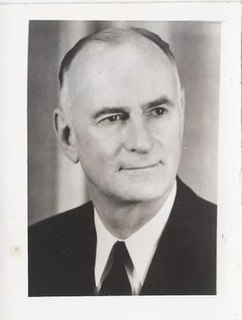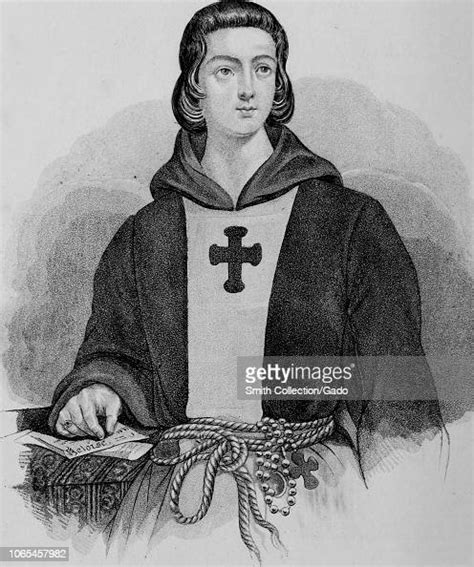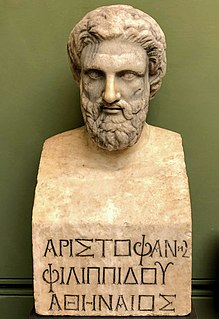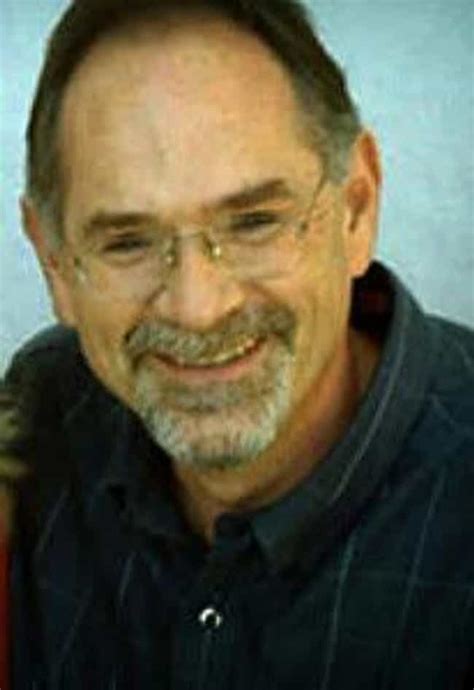A Quote by Tryon Edwards
Unbelief, in distinction from disbelief, is a confession of ignorance where honest inquiry might easily find the truth. - "Agnostic" is but the Greek for "ignoramus."
Related Quotes
Confession frees, but power reduces one to silence; truth does not belong to the order of power, but shares an origincal affinity with freedom: traditional themes in philosophy, which a political history of truth would have to overturn by showing that truth is not by nature free--nor error servile--but that its production is thoroughly imbued with relations of power. The confession is an example of this.
But whether I become a believer or remain an agnostic, my belief or disbelief must derive its source from within, not from without. I, myself, must create its symbols. The transcendental is that which produces its own form. I will never discover its secret if I do not find it in my own heart; if I do not possess it already I shall never be able to acquire it.
Truth is that concordance of an abstract statement with the ideal limit towards which endless investigation would tend to bring scientific belief, which concordance the abstract statement may possess by virtue of the confession of its inaccuracy and one-sidedness, and this confession is an essential ingredient of truth.
The Greek word for philosopher (philosophos) connotes a distinction from sophos. It signifies the lover of wisdom (knowledge) as distinguished from him who considers himself wise in the possession of knowledge. This meaning of the word still endures: the essence of philosophy is not the possession of the truth but the search for truth. ... Philosophy means to be on the way. Its questions are more essential than its answers, and every answer becomes a new question.
Real inquiry is a tremendous moral transforming force. It's not just questioning and looking for a quick answer or explanation, but the process of inquiry-of questioning, of opening-opens something in the human being which has not been touched in our culture. Everybody who is human has in themselves the potential of passionate inquiry after truth, and that's the transforming force.






































